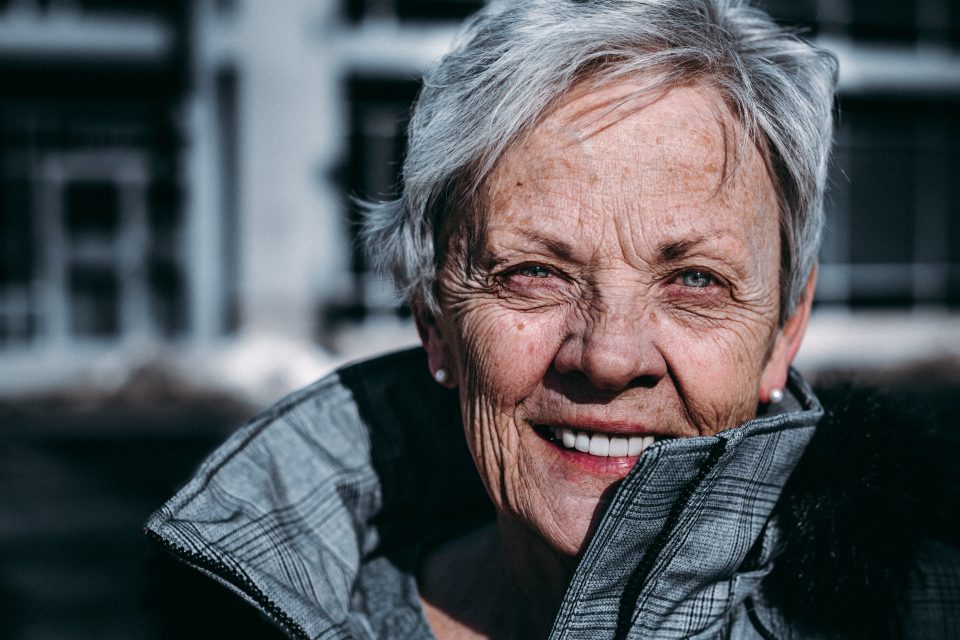Making medical decisions can be healthy for elderly people during their end of life care. Depending on their culture, making the right decision is always a difficult process. Moreover, culture has an impact on how people perceive and respond to illness. There are two types of documents a person will need to consider to finalize their decision. Their family and health providers will help them make this decision if they desire. However, it is ultimately up to the elderly person on how their end of life care will proceed.
Advance Directives for End of Life Care
There are legal documents that help convey a person’s decision that can be prepared ahead of time. Advance Directives are both a living will and power of an attorney that give a way for the person to convey their last decisions (Ritter & Graham, 2016, pp. 62). Family members, friends, and health care providers are required to adhere to these documents.
Living Will
Before entering into end of life care, writing a living will reflects a person’s decisions on type of medical care (pp. 62). A person can accept or deny medical care during the end of life care. These types of cares should be considered when drafting a will (pp. 62):
- Using equipment like a dialysis or breathing machine
- Resuscitation
- Tube feeding for hydration or nutrition
- Withholding food or fluids
- Organ or tissue donation
- Comfort care
Power of Attorney
A durable power of attorney for health care is a document that states a person’s health care representative who will speak for them when they cannot (pp. 62). During the end of life care, the person should choose someone they can trust to make good decisions when dealing with health care. A very low percent of people use this document for these reasons (pp. 62):
- Cultural differences in family-centered decision making
- Distrust of the health care system
- Poor communication between health care professionals and patients
Summary
Health care providers understand the vast cultural differences among their patients. They realize that their authority to access medical histories and diagnose symptoms can disrupt a patient’s comfort (pp. 63). Older adults at their end of life care have their own beliefs on the type of health care they want. A provider will take cultural modesty into consideration and show respect in the highest degree (pp. 63). Ethical behavior is a major transparency among health care providers. With communication and advance directives, an elderly person will be in good hands. Always remember, you have authority and a choice when it comes to end of life care.
Author: Jamie Moore Sam Houston State University Pre-Nursing
References
Ritter, L. A., & Graham, D. H. (2016). Multicultural Health (6th ed.) [E-book]. Jones & Bartlett Learning. https://www.chegg.com/reader/9781284021035/2/


